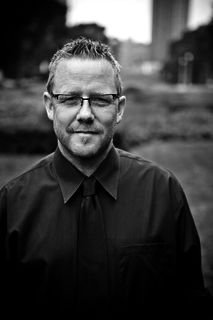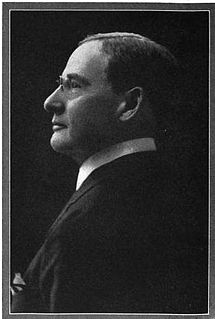A Quote by Sergey Brin
Today, if you want to access a typical out-of-print book, you have only one choice - fly to one of a handful of leading libraries in the country and hope to find it in the stacks.
Related Quotes
Today, if you have an Internet connection, you have at your fingertips an amount of information previously available only to those with access to the world's greatest libraries - indeed, in most respects what is available through the Internet dwarfs those libraries, and it is incomparably easier to find what you need.
Libraries are at a cultural crossroads. Some proffer that libraries as we know them may go away altogether, ironic victims of the information age where Google has subverted Dewey decimal and researchers can access anything on a handheld device. Who needs to venture deep into the stacks when answers are but a click away?
This sounds corny, but I once told a kid when I was in a the library conference, the best - not the best, what I really hope for is that someday 20, 30 years from now, some kid, 12-year-old, 15-year-old, in Des Moines will be going through the stacks, if they have stacks anymore - they probably won't - and find a book of mine and get something from it.
He is no true reader who has not experienced the reproachful fascination of the great shelves of unread books, of the libraries at night of which Borges is the fabulist. He is no reader who has not heard, in his inward ear, the call of the hundreds of thousands, of the millions of volumes which stand in the stacks of the British Library asking to be read. For there is in each book a gamble against oblivion, a wager against silence, which can be won only when the book is opened again (but in contrast to man, the book can wait centuries for the hazard of resurrection.)
When Emily Dickinson's poems were published in the 1890s, they were a best-seller; the first book of her poems went through eleven editions of a print run of about 400. So the first print run out of Boston for a first book of poems was 400 for a country that had fifty million people in it. Now a first print run for a first book is maybe 2,000? So that's a five-time increase in the expectation of readership. Probably the audience is almost exactly the same size as it was in 1900, if you just took that one example.
Children have to have access to books, and a lot of children can't go to a store and buy a book. We need not only our public libraries to be funded properly and staffed properly, but our school libraries. Many children can't get to a public library, and the only library they have is a school library.
I'd almost say hope isn't what it used to be. It's very difficult today to be a teacher. I speak to children. And tell them, look, no matter what, you must have hope. You must. When I invoke Camus, who said when there is no hope, you must invent hope. . .hope is something that is not what God gives us. It's like peace. It's a gift that one can give to one another. Only another person can push me to despair. And only another person can push me to hope. Its my choice.
I would walk into the Carnegie Library and I would see the pictures of Booker T. and pictures of Frederick Douglass and I would read. I would go into the Savannah Public Libraries in the stacks and see all of the newspapers from all over the country. Did I dream that I would be on the Supreme Court? No. But I dreamt that there was a world out there that was worth pursuing.


































